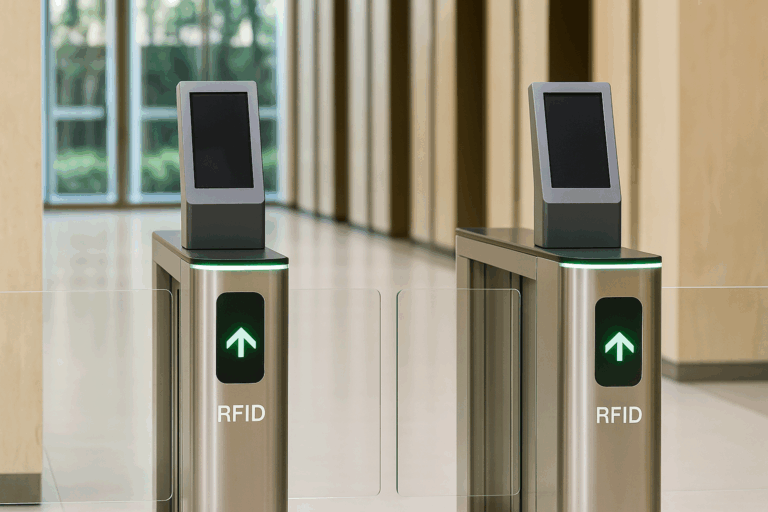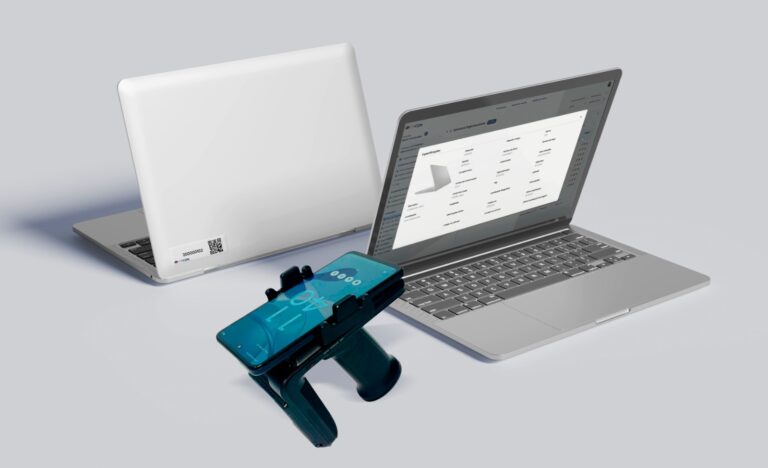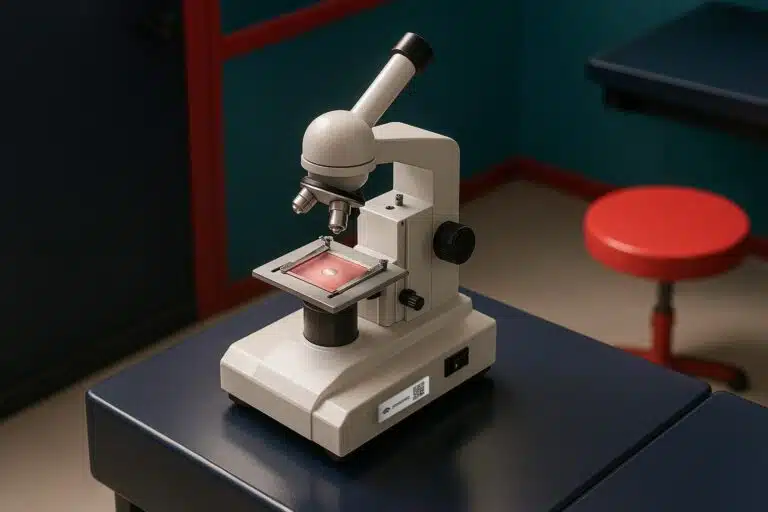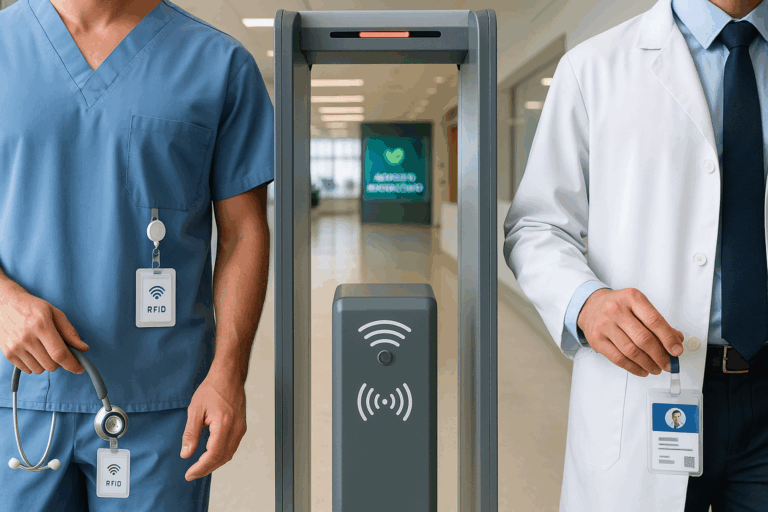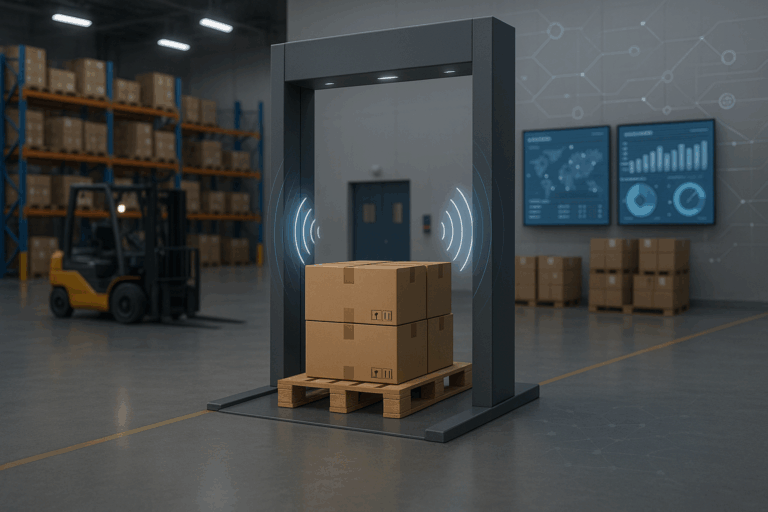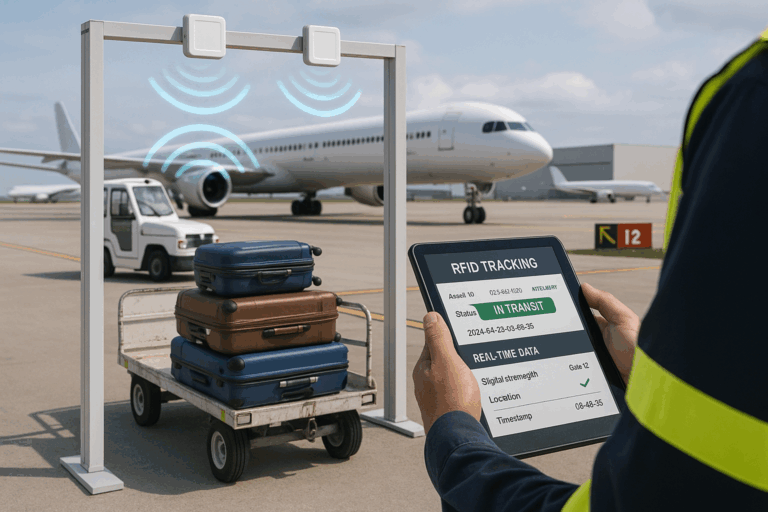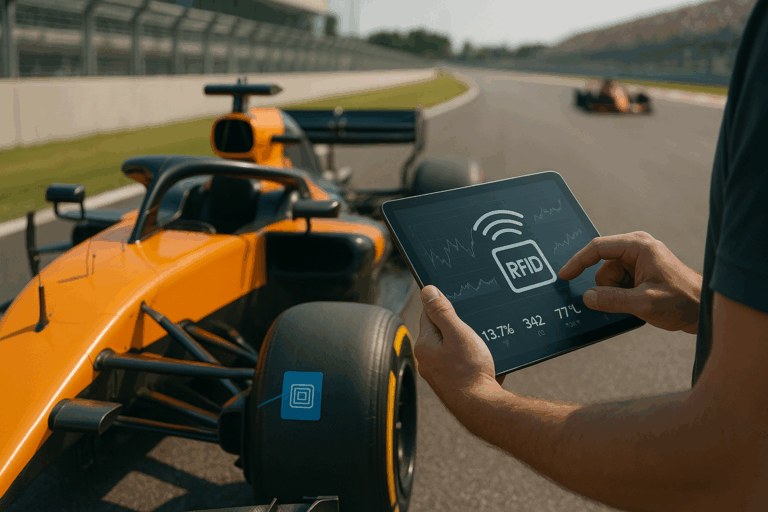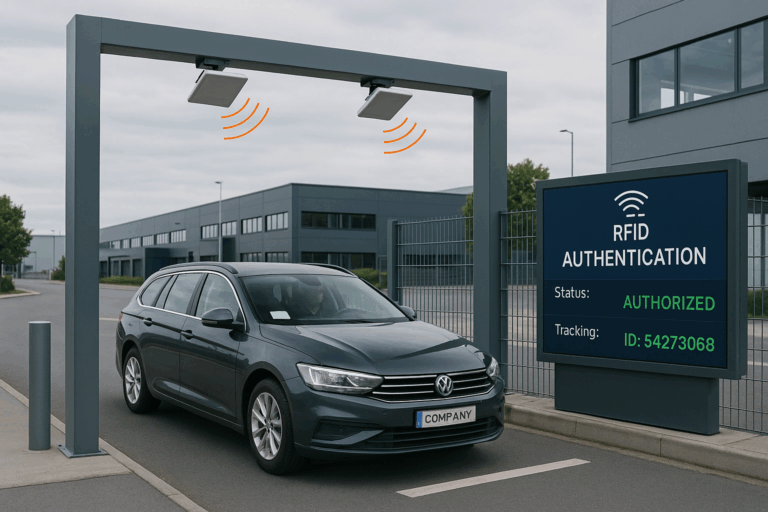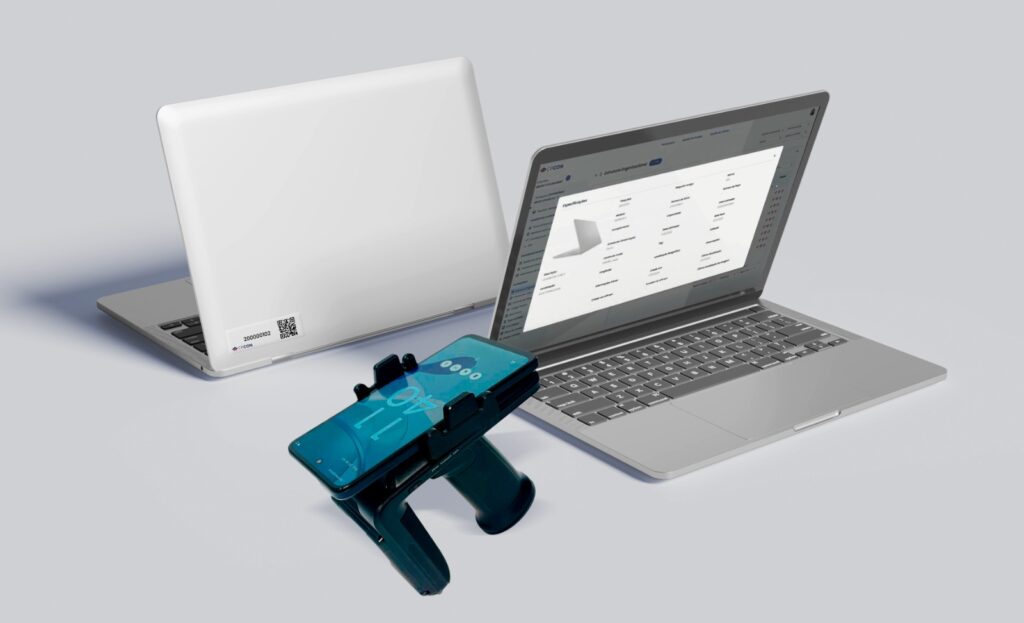In today’s fast-moving healthcare industry, ensuring efficiency, accuracy, and patient safety is more critical than ever. Traditional patient tracking methods—like paper records or manual barcode scanning—are prone to errors, inefficiencies, and regulatory challenges. Fortunately, RFID wristbands and other RFID (Radio Frequency Identification) technologies are reshaping healthcare operations, providing real-time tracking and improving workflows.
CPCON Group, a global leader in digital transformation with a strong presence among S&P 500 and NASDAQ companies, is at the forefront of this innovation. By integrating RFID wristbands into patient tracking systems, CPCON is helping healthcare facilities enhance care quality and operational efficiency.
Table of Contents
ToggleThe Challenges of Traditional Patient Tracking
Healthcare facilities have long struggled with outdated tracking methods that lead to:
- Human Errors: Paper-based systems and manual data entry increase the risk of patient misidentification, misplaced records, and treatment delays.
- Regulatory Compliance Issues: Healthcare regulations such as HIPAA require accurate and auditable patient data, which manual processes often fail to provide.
- Operational Inefficiencies: Without real-time location tracking, hospital staff waste valuable time searching for patients, leading to workflow disruptions and compromised patient care.
These issues are particularly concerning for vulnerable groups, such as elderly patients who need constant monitoring. This is where RFID wristbands and related RFID technology become game-changers.
How CPCON Group is Transforming Healthcare with RFID Wristbands
CPCON Group has developed an advanced RFID patient tracking system that seamlessly integrates hardware and software to address these challenges. Here’s how it works:
- RFID Wristbands for Patient Tracking: Each patient is assigned a RFID wristband embedded with RFID, NFC, and a QR code. This allows for secure identification and real-time tracking, ensuring patients remain in the right place at the right time.
- Fixed Antennas and Smart Gates: Strategically placed antennas detect patient movements automatically, eliminating the need for manual check-ins and ensuring zone-level location accuracy.
- Seamless Integration with EMR Systems: The system syncs with Electronic Medical Records (EMR) for instant updates, reducing errors and improving care coordination.
- Live Monitoring Dashboard: A centralized dashboard provides real-time insights into patient locations, movement trends, and facility performance, enabling data-driven decision-making.
This innovative solution enhances efficiency while prioritizing patient safety and regulatory compliance.
Case Study: RFID Wristbands in a Leading Healthcare Institution
A major healthcare provider faced operational challenges due to outdated patient tracking methods. Managing a high volume of elderly patients daily was cumbersome, leading to inefficiencies, safety concerns, and compliance issues. CPCON Group’s RFID wristband solution transformed their workflow.
The Challenges:
- Patient tracking inefficiencies caused delays in care.
- Difficulty in monitoring elderly patients’ movements.
- Inaccurate data led to compliance risks.
The Solution:
CPCON Group implemented a customized RFID system featuring:
- RFID Wristbands for real-time patient tracking.
- Fixed Antennas to monitor movement throughout the facility.
- NFC Integration with the clinic’s EMR system for seamless data updates.
- A Real-Time Dashboard to optimize staff efficiency.
The Results:
- Enhanced Visibility: Real-time insights improved patient safety.
- Streamlined Operations: Reduced wait times and improved care coordination.
- Regulatory Compliance: Accurate data ensured audit readiness.
- Improved Patient Experience: Faster, safer care boosted patient satisfaction.
Why CPCON Group is the Go-To Partner for Healthcare Innovation
With extensive expertise in RFID wristbands and tracking solutions, CPCON Group is revolutionizing healthcare by providing cutting-edge patient tracking systems. Their technology-driven approach helps hospitals and clinics minimize errors, enhance patient safety, and optimize operational efficiency.
As healthcare continues to evolve, RFID wristbands and related RFID solutions will become the gold standard for patient tracking, and CPCON Group remains a trusted partner for facilities looking to modernize their systems.
RFID patient tracking is not just an upgrade—it’s a necessity for modern healthcare. By eliminating manual errors, improving compliance, and streamlining workflows, this technology ensures a higher standard of care for all patients. CPCON Group is leading the charge in this transformation, helping healthcare providers achieve efficiency, accuracy, and patient safety like never before.
If your healthcare facility is ready to embrace the future of patient tracking, CPCON Group’s RFID wristbands and RFID solutions are the key to unlocking unparalleled efficiency and security.
FAQ
What is RFID patient tracking, and how does it work?
RFID patient tracking uses radio waves to track patients in hospitals. It involves RFID tags on patients and readers to scan them. This gives real-time data on their location and status, making care safer and more efficient.
What are the primary components of an RFID system in hospitals?
An RFID system has tags, readers, antennas, and middleware. Tags are on patients, readers scan them, antennas send signals, and middleware connects the data to patient records.
How does RFID technology enhance patient safety?
RFID boosts patient safety by cutting down on errors. It checks if the right medication is given and prevents mix-ups. This makes healthcare safer for everyone.
What are the benefits of real-time location monitoring using RFID?
RFID helps by making things run smoother. It speeds up emergency responses and improves patient flow. This means less waiting and better use of resources.
Are there any privacy concerns associated with RFID patient tracking?
Yes, privacy is a big issue. Hospitals must follow HIPAA and protect data. They need to encrypt information and control who can access it.
What challenges are faced during the implementation of RFID systems?
Starting up RFID systems is tough. It costs a lot, needs to fit with current systems, and staff must be trained. Hospitals must plan well to get everyone on board.
Can RFID technology help with asset tracking in healthcare facilities?
Yes, RFID is great for tracking assets. It keeps important equipment ready and reduces loss. This makes healthcare better and safer for patients.
What are some successful real-world applications of RFID in patient care?
RFID has many uses in care. It makes sure the right meds are given, keeps babies safe, tracks equipment, and helps in surgeries. All these improve care and outcomes.



